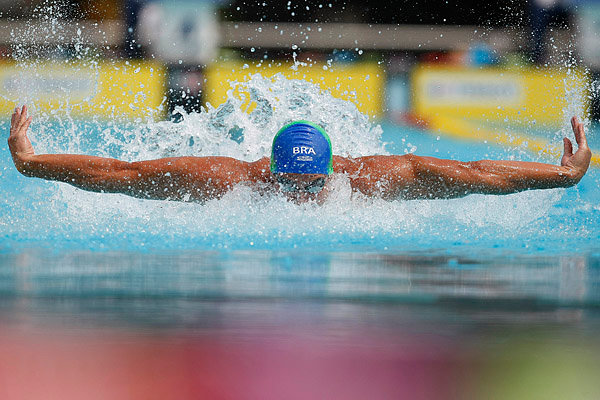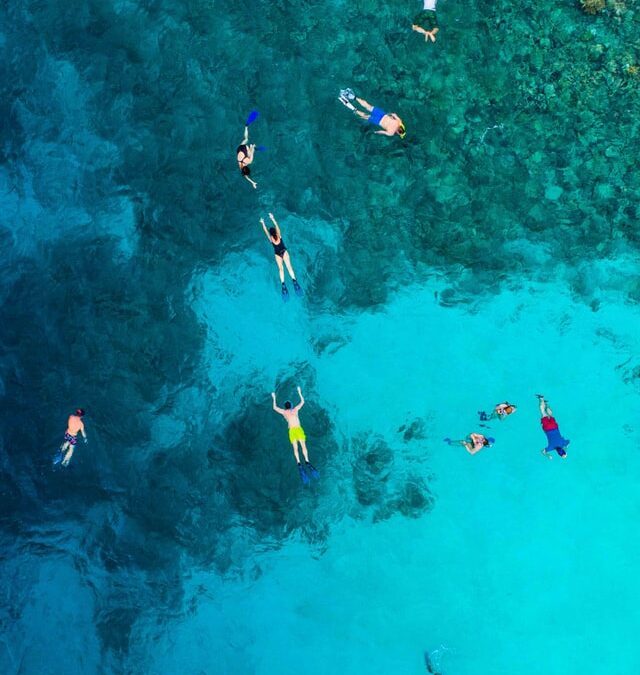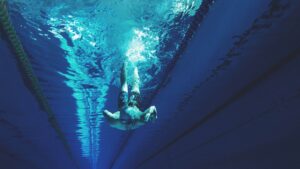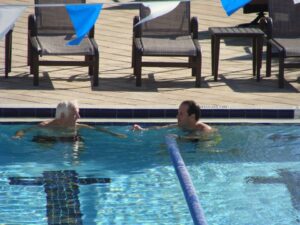The importance of learning how to swim
It may be considered common sense that learning to swim is a necessity, especially if you live close to the water. However, swimming is important not only for safety but also for health. In fact, some studies have shown both physical and psychological health benefits for people that swim recreationally, competitively, for fitness or as part of a high-performance program. People of all ages and abilities may take advantage of swimming – it’s cost-effective and there are a wide range of options for getting involved with WATER. Swimming may also be used as part of the physical preparation for water-specific sports such as surfing, triathlon, surf lifesaving, diving and water polo, and non-water sports such as martial arts, football, athletics, and basketball.
When compared to other land-based sports, swimming offers some unique benefits. From breathing mechanics to higher resistance of water vs air, swimming can bring Heart Rate, VO2max and Blood Lactate to higher levels and also bring them down faster. Around 30 minutes of steady paced lane swimming can burn over 200 calories, and brings the same benefits as 45 minutes of land-based exercise. Swimming is indeed an efficient form of exercise. It’s low impact and non-weight bearing however, the pressure and resistance of the water allows the body work harder than it might on land.

Glauber Silva by Satiro Sodre
For children, the benefits of swimming go beyond developing water safety and being an activity without impact. Swimming may also be highly effective for motor control improvement, growth and cardiorespiratory development, and even social benefits such as improved self-esteem.
The benefits of learning to swim are not unique to children and teenagers. Learning to swim is equally important for adults and the elderly. Whilst many adults have learnt to swim at some stage, there are instances where lack of opportunity, fear, shame, trauma in the pool at a young age or feeling self-conscious in swimsuit prevents adults from literally taking the plunge. A great number of adults don’t give swimming a try and may end up with limited options for treatment, exercise and recreational activities as a result.
‘It’s never too late…’
One day, in early 2000’s after a swim training session I noticed there was a lady sitting on the bench outside the pool area. She had been there for quite a while and I realised that she was just waiting for a chance to talk to me. She looked very shy and I suspected that she wouldn’t approach me whilst all of the other people were around. I waited for the athletes and adult swimmers to clear the area then I walked over and introduced myself. She just said, “I would love to learn how to swim, although I think I am too old for that.” I said that it was never too late to learn anything, and that she should be proud of herself for taking the first step. After a quick chat I was surprised to hear that she hadn’t got her face wet when showering for a long time, she simply couldn’t do so. Initially she couldn’t recall any trauma but after signing up to lessons and performing a breathing drill one day, she realised that she had had a drown at a very young age. After that day, she completely changed her relationship with water. Long story short, she still swimming and is always present at open water swimming events being able to swim up to 5k in the ocean!
It’s never too late! Find a swim school or a swim squad close to you for your kids, relatives, friends or even for yourself!
Paulo Barroso / Solid Sports




Recent Comments